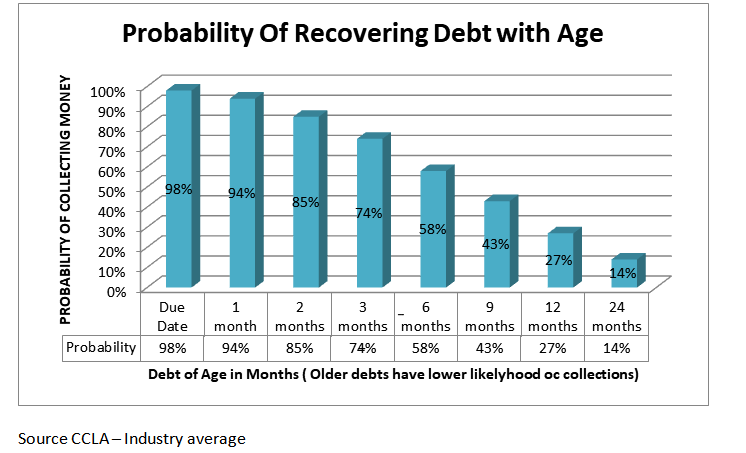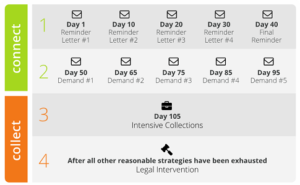Difference between Urgent care, ER, and Hospitals
- Urgent Care:
- Purpose: Designed for urgent but non-life-threatening medical issues. Ideal for when you can’t wait for a regular doctor’s appointment but don’t need emergency room services.
- Conditions Treated: Minor injuries like sprains, cuts that may need stitches, mild to moderate flu symptoms, minor infections, etc.
- Hours: Often extended hours, including evenings and weekends, but not usually open 24/7.
- Cost: Typically lower than ER visits.
- Emergency Room (ER):
- Purpose: Equipped to handle severe and life-threatening conditions. They are open 24/7 and can provide immediate medical attention.
- Conditions Treated: Heart attacks, strokes, severe bleeding, head trauma, serious injuries, severe breathing difficulties, etc.
- Hours: Always open, 24 hours a day, 7 days a week.
- Cost: Generally higher than urgent care, due to the resources needed for life-saving treatments and the variety of specialists available.
- Regular Hospital Visit:
- Purpose: Scheduled visits for various medical needs that are not urgent or emergency. This includes regular check-ups, consultations with specialists, scheduled surgeries, and ongoing treatments.
- Conditions Treated: Chronic conditions, follow-up visits, elective surgeries, specialist consultations, and more.
- Hours: Typically during regular business hours, though hospitals themselves are open 24/7 for inpatient care.
- Cost: Varies based on the services provided, but usually, it’s planned and often covered by health insurance.
Scenario-Based Examples:
- John’s Sports Injury: John injures his ankle while playing soccer. The pain is significant, but the ankle isn’t deformed, and he can bear some weight on it. He decides to visit an urgent care, where he is diagnosed with a sprain and given a brace and pain medication.
- Mary’s Chest Pain: Mary experiences sudden, severe chest pain and difficulty breathing. Her family calls an ambulance, and she is taken to the hospital’s ED. There, she is quickly evaluated for a heart attack.
- Regular Health Check-up: For his annual health check-up, Alex visits his local hospital, where his primary care physician conducts a thorough health examination and routine blood work.
Understanding Urgent Care Center Challenges
Urgent care centers face a unique set of challenges that differ from those encountered by regular hospitals. Here are some of the key challenges:
- Patient Volume and Flow Management: Urgent care centers often deal with unpredictable patient volumes, as patients walk in without appointments. This can lead to periods of overcrowding or underutilization, making staffing and resource management challenging.
Example: An urgent care center may experience a sudden influx of patients during flu season, leading to longer wait times and a strain on available staff and resources. - Limited Resources and Capabilities: Unlike hospitals, urgent care centers typically have fewer resources in terms of medical equipment and specialist availability. This limitation can affect the scope of treatments they can offer and may require referring patients to hospitals for more comprehensive care.
Example: A patient with a complex fracture may visit an urgent care center, only to be referred to a hospital because the urgent care lacks the necessary orthopedic specialists and advanced imaging equipment. - Staffing Challenges: Staffing in urgent care centers can be challenging due to fluctuating patient volumes. It’s difficult to predict when there will be a surge in patients, requiring a flexible and adaptable staffing model.
Example: An urgent care center may find it challenging to maintain sufficient staffing on weekends or holidays, times when patient influx can be unpredictable but typically higher. - Insurance and Billing Issues: Urgent care centers often face challenges with insurance reimbursements. They need to navigate a complex web of insurance plans, each with its own policies on coverage for urgent care services. This can lead to billing complications and difficulties for patients in understanding their financial responsibility.
Example: A patient might visit urgent care for a minor procedure and later receive a bill that is not covered by their insurance, leading to confusion and dissatisfaction. - Scope of Service Limitations: Urgent care centers are designed to handle non-life-threatening conditions, which can sometimes lead to misunderstandings among patients about the scope of services offered. Managing patient expectations about the type of care they can receive is a continual challenge.
Example: A patient visits an urgent care center expecting comprehensive cardiac evaluation, but the center is only equipped to provide basic EKGs and must refer the patient to a hospital for more in-depth testing. - Continuity of Care: Ensuring continuity of care is a significant challenge for urgent care centers, especially in communicating with a patient’s regular healthcare providers. Sharing patient records and ensuring follow-up care is coordinated effectively can be difficult.
Example: A patient treated at urgent care for a minor injury may not have their visit details promptly communicated to their primary care physician, leading to a gap in their medical record. - Regulatory Compliance: Urgent care centers must adhere to various health regulations and standards, which can be challenging given their limited resources compared to full-scale hospitals.
Example: An urgent care center may struggle to keep up with the latest healthcare regulations, such as those related to patient data privacy or infection control, which are more easily managed in a hospital setting with dedicated compliance teams. - Competition and Market Pressure: There is increasing competition in the healthcare market, with more urgent care centers opening and hospitals expanding their own urgent care services. This competition can impact patient volumes and the financial viability of these centers.
Example: A new hospital-affiliated urgent care center opens nearby, offering similar services. This competition might lead to a decrease in patient visits to the independently operated urgent care center. - Quality of Care and Patient Satisfaction: Maintaining high-quality care and ensuring patient satisfaction in a fast-paced, high-turnover environment is challenging. Urgent care centers must balance quick service with attentive and thorough medical care.
Example: Due to the high turnover of patients, an urgent care center might receive feedback about rushed consultations, which could affect patient satisfaction and the perceived quality of care. - Technological Integration: Implementing and maintaining up-to-date medical technology and electronic health records systems can be a significant investment and operational challenge, especially for independently operated urgent care centers.
Example: An urgent care center might struggle to fund and implement a state-of-the-art electronic health record system, which is essential for efficient operation and is standard in most hospitals.
These challenges require urgent care centers to be highly adaptable, efficient, and patient-focused to provide effective and timely care while maintaining financial stability and regulatory compliance.




